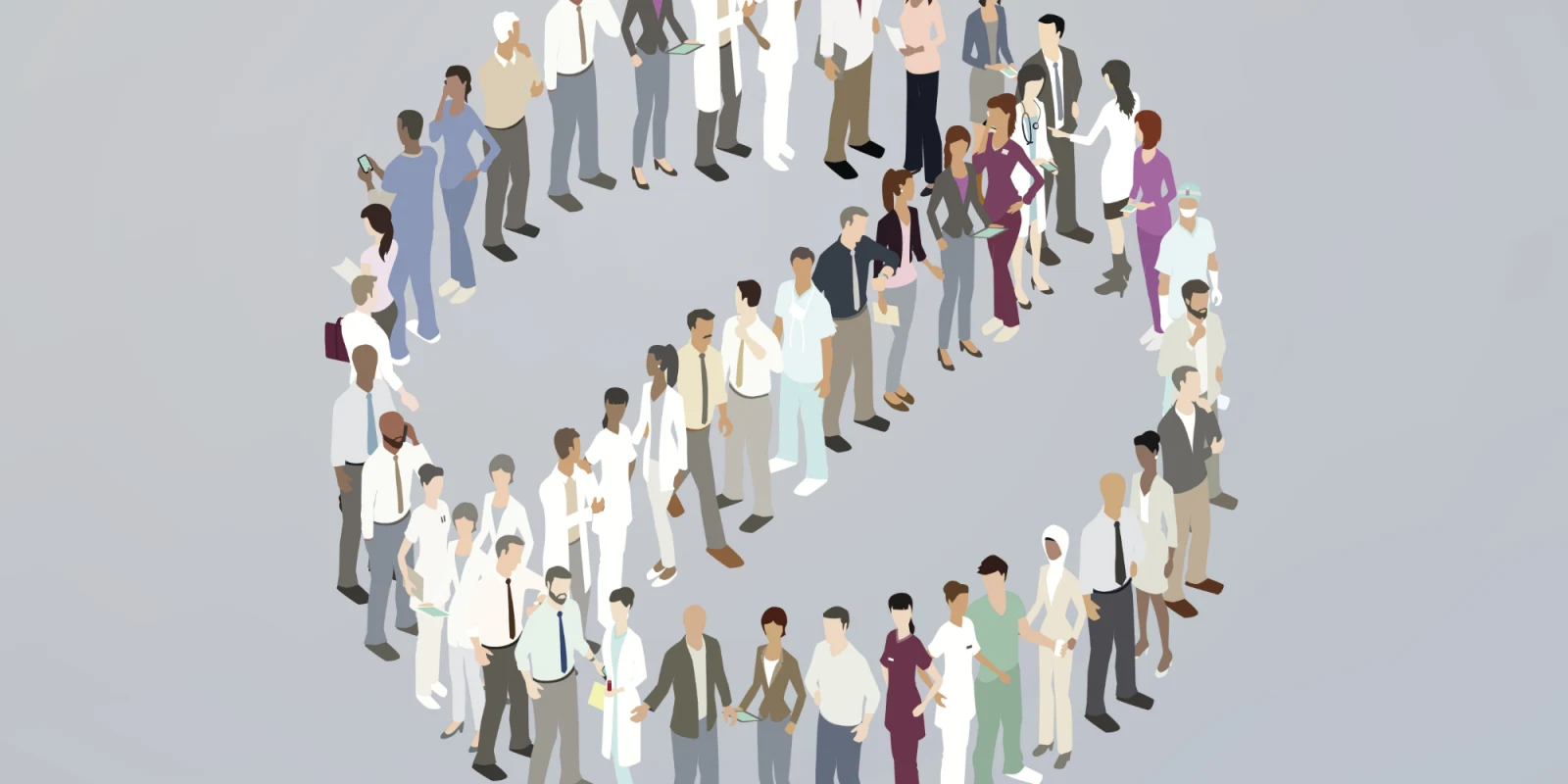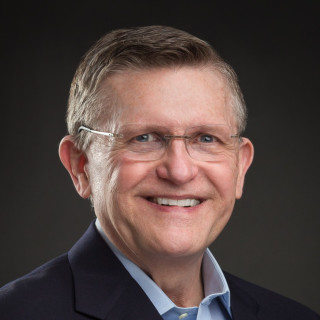
Physicians have quietly shared stories about sexual harassment and microaggressions from patients for years. This year, Medscape published their first “Patients Sexually Harassing Physicians Report,” where they found that one in four physicians had been sexually harassed by a patient in the past three years. In the wake of #MeToo, some physicians have shared their personal stories of harassment by patients in the medical literature, and there have been calls to better protect physicians from these incidents. Why does sexual harassment by patients matter? In addition to making providers feel uncomfortable and potentially unsafe, addressing the issue of sexual harassment by patients matters as institutions realize that gender bias, cultural work environment and sexual harassment in the learning environment can have lasting effects on career advancement and gender diversity in leadership positions. Furthermore, related literature surrounding physicians encountering racist patients has identified these negative interactions as contributing to physicians’ moral distress and burnout.
As physicians and authors of this post, all of us have experienced sexual harassment by patients. Medicine is our passion and we continue doing our jobs. We have a calling and obligation to care for people despite harassment and bias that we may encounter, and we recognize that typical workplace protections may not apply to our occupation. We think about the fact that we wield privilege with our medical degrees, and our patients may experience significant barriers such as mental illness and prior traumas. We recognize that many patients may not intend to harass us, yet their actions and microaggressions still have significant impact on our daily lives, safety at work and formation of our identities as physicians. We echo the calls for all types of systemic protections and supports for all physicians experiencing these incidents, as well as better support for patients who may harass physicians.
One of the reasons why the #MeToo movement has been so impactful is the individual stories that men and women have been brave enough to share. In this spirit, we, a group of female physicians at the University of California, San Francisco, started the SHARE (Sexual Harassment and REporting) collaborative to give all physicians the opportunity to anonymously contribute their own stories around experiences of sexual harassment by patients and their families, no matter how small or common the incident is that occurred.
As a reminder, the U.S. Equal Employment Opportunity Commission defines sexual harassment as “unwelcome sexual advances, requests for sexual favors and other verbal or physical harassment of a sexual nature.” Examples provided by the Department of the Interior include, “physical contact, gestures-such as puckering one’s lips suggestively or making obscene signs with one’s fingers or hands, telling off-color jokes or terms of endearment such as calling a coworker ‘honey,’ ‘dear,’ ‘sweetheart’ or some similar expression (the effect is the primary issue than intent. Even if the person ‘means nothing to you’ or you have used the ‘term for years’ you should be aware that such expressions are inappropriate).”
Physicians have coped with this challenge by supporting each other informally and we have learned from the #MeToo movement that these individual stories can collectively have power. While not intended to replace formal reporting, we are inspired by the #MeToo movement to promote the sharing of stories and bring transparency to the problem of sexual harassment of physicians by patients. If and when you experience sexual harassment as a physician please speak up to your colleagues, supervisors or organization’s legal offices. Openness and transparency on this issue is the first step in changing our culture.
We believe that gathering individual stories around sexual harassment of physicians by patients can help peers and institutions better understand the circumstances where sexual harassment is likely to occur, how it affects the physician experiencing harassment and how physicians cope after an incident. If you are a physician interested in contributing your story to the SHARE collaborative, please follow this link to anonymously tell us your story. Lastly, we also recognize that sexual harassment affects healthcare providers at all levels. If you are not a physician and are interested in gathering information about your peers’ experiences by leading or joining a study targeted at another healthcare provider population, please feel free to reach out to our group at SHAREstudy@ucsf.edu. We would be happy to speak with you about setting up a peer-led reporting system.
Shirin Hemmat MD, MPH is a second year Internal Medicine resident at UCSF. Her research interests focus on quality improvement and the advancement of Women in Medicine. Anjana Sharma, MD MAS is Assistant Professor of Family & Community Medicine at University of California San Francisco. She practices at the Family Health Center at the Zuckerberg San Francisco General. Her research pertains to patient engagement and outpatient safety and quality improvement. Elaine Khoong MD, MS is a primary care research fellow at UCSF and primary care physician at the Zuckerberg San Francisco General Hospital’s Richard H. Fine People's Clinic. Urmimala Sarkar MD, MPH is Associate Professor of Medicine at UCSF in the Division of General Internal Medicine, Associate Director of the UCSF Center for Vulnerable Populations, and a primary care physician at Zuckerberg San Francisco General Hospital’s Richard H. Fine People's Clinic. Dr. Sarkar’s research focuses on innovating for health equity.
Acknowledgements: The authors would like to thank Sarah Lisker for her contributions to this blog post.





